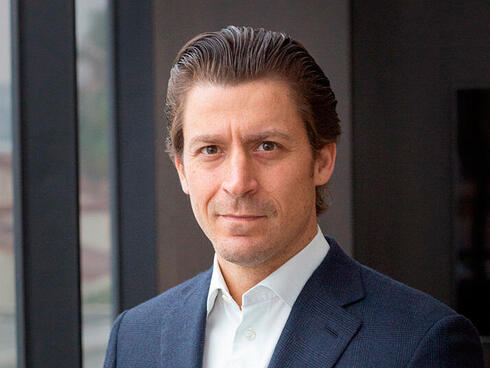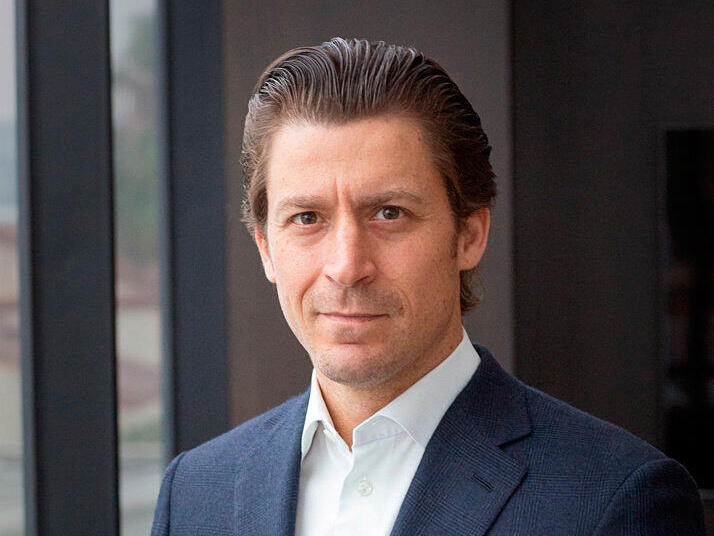
Group 11’s Fund V valuation tumbles 25% in two years
The high-profile Fund V saw its asset value fall to $184 million in 2024, continuing a downtrend since its $247 million peak.
Group 11’s Fund V saw its asset valuation fall by about 10% in 2024, bringing the total to $184 million—the third consecutive year of decline for the fintech-focused venture fund.
Group 11, a venture capital firm led by reality show host Dovi Frances, specializes in fintech investments. Fund V was launched in late 2020, and by March 2021, it had raised $120 million within 90 days. Uniquely, it was later opened to qualified public investors in November 2021 and began trading on the Tel Aviv Stock Exchange’s TASE UP platform, ultimately reaching a value of $247 million by the end of that year.
However, Fund V’s trajectory since then has been downward. By the end of 2022, its assets had fallen slightly to $243 million. In 2023, they dropped further to $204 million. Although the final 2024 report has not been published, the investor update shows a continued 10% decline, suggesting the fund ended 2024 with $184 million in assets.
Unlike Group 11’s earlier funds, Fund V is traded on a public platform, though it is not a public company. Frances publishes its financial results annually. The fund invests in private fintech companies at various stages, from Seed rounds to pre-IPO, including high-profile names like TripActions and unicorn Tipalti.
The fund’s performance has been hit by both market turbulence and individual investment setbacks. Group 11 previously held shares in Papaya Global, but divested them under contentious circumstances. The company’s CEO, Eynat Guez—who played a prominent role in Israel’s tech protest movement—announced Papaya would withdraw funds from Israel over judicial reform concerns. Frances, a supporter of the reform, reportedly sold Group 11’s stake at a 90% discount to the company’s most recent $3.7 billion valuation.
Another key holding, Next Insurance, saw its valuation drop from $4 billion to $2.7 billion by the end of 2023. It was recently acquired by ERGO, a subsidiary of reinsurer Munich Re, for $2.6 billion. The impact of this exit on Group 11’s portfolio remains unclear.
The fund’s underperformance is particularly stark when compared with public markets. The Nasdaq 100 index rose 28.6% in 2024 after a 43.3% jump in 2023. In contrast, Fund V lost about a quarter of its value over the same two-year period. Since its public debut in November 2021, the Nasdaq is up 31%, while Fund V’s asset value has fallen by 7%.
An investor familiar with the fund offered a more nuanced perspective, noting that Fund V launched during a peak in tech valuations, about a year after the COVID-19 pandemic began. “Everyone wanted exposure to tech at the time,” the investor said, “and Frances opened the fund to meet that demand. While the results aren’t stellar, competing funds in the same space have performed worse.”
As of the end of 2024, the net asset value of the fund—representing holdings from institutional and outside investors—stood at $184 million. Yet the market value of its traded units on the Tel Aviv Stock Exchange was approximately NIS 193 million (around $52 million), and has remained unchanged over the past year. This discrepancy may reflect continued faith from early investors in Frances' long-term vision, despite three years of negative returns.
In response, Group 11 issued a statement explaining its valuation policy: “Each Group 11 fund, including Fund V, is valued quarterly and annually based on follow-up investment rounds, market conditions, and internal valuation methodology, which is usually at the discretion of the manager, in cases where there is no follow-up round in a target company and it is necessary to determine a temporary value. Notional losses do not equate to real losses—just as notional gains are not real profits. Profit and loss are only realized either when investors sell their units (which is almost impossible under current market conditions and certainly not recommended) or when the fund completes its life cycle and all portfolio companies have been sold, IPO’d, or shut down. Category-defining companies take years to build.”














